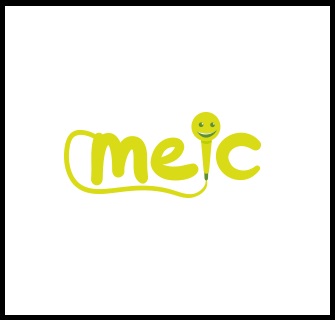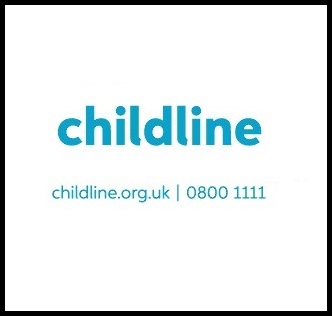Online safety top tips for secondary aged learners
The internet is a fantastic tool that can be used to stay connected with your friends and family, access entertainment, such as videos and online games, and for support with your learning and school work.
There are clearly many benefits, but it’s important to also be aware of the risks and to follow the tips listed below to help you stay safe.
If you encounter any problems, or are worried about something, remember you can always talk to a trusted adult or seek advice anonymously by contacting support services such as Meic or Childline (contact information included below).
For useful tips and advice about COVID-19 see the Children’s Commissioner for Wales online hub.
Top tips to keep safe online
- Use strong passwords, never share them, and consider setting up multi-factor authentication where possible.
- Remember not everyone online is who they say they are – don’t share any personal information, even if they seem trustworthy.
- Talk to your parents or carers about where you go and what you do online, as you would in real life.
- Keep your webcam covered when not in use.
- Think before you send any photos – what are they being used for? Could they be shared further without your consent? Remember once you’ve sent an image to someone else or shared it online, anyone can make a copy of it.
- Remember even if you make a mistake there are steps you can take to reduce the resulting impact, for example, requesting that social media platforms remove content.
- Regularly review your privacy settings on apps, phones, computers or tablets.
- Consider who can see content you are sharing online and to be mindful of your online reputation.
- Always ask friends and family for consent before sharing pictures that they are in.
- Always be kind online and don’t post anything that may upset or offend someone.
- Know how to block content and report users who are harassing people or behaving in a way that is inappropriate or offensive.
- Check different sources or use a fact checking website before believing information online or sharing it publicly. There is a lot of misinformation on the internet, make sure the information you access or share is reliable.
- Immediately leave any websites or apps where content makes you feel uncomfortable or distressed.
- Never click on links in emails or messages that then ask you to log in and share your details – it could be a scam, so it’s always best to go to the website or app directly.
- Tell a trusted adult if something is worrying you online or contact support services, such as Meic and Childline, to talk confidentially. Don’t be embarrassed to ask for help, there is support available for whatever you are worried about.
Help if you need it

Meic is the helpline service for children and young people up to the age of 25 in Wales.
Freephone: 0808 80 23456
SMS Text: 84001
IM/Online chat: www.meic.cymru

Childline is yours – a free, private and confidential service where you can talk about anything.
Call: 0800 1111
Online: www.childline.org.uk
If you need help removing upsetting content, such as online abuse or threats, violent content or unwanted sexual advances visit the Report Harmful Content website.
- Stay Safe. Stay Learning. Online safety top tips for secondary aged learners pdf 172 Kb This file may not be accessible. If you need a more accessible version of this document please email digital@gov.wales. Please tell us the format you need. If you use assistive technology please tell us what this is


